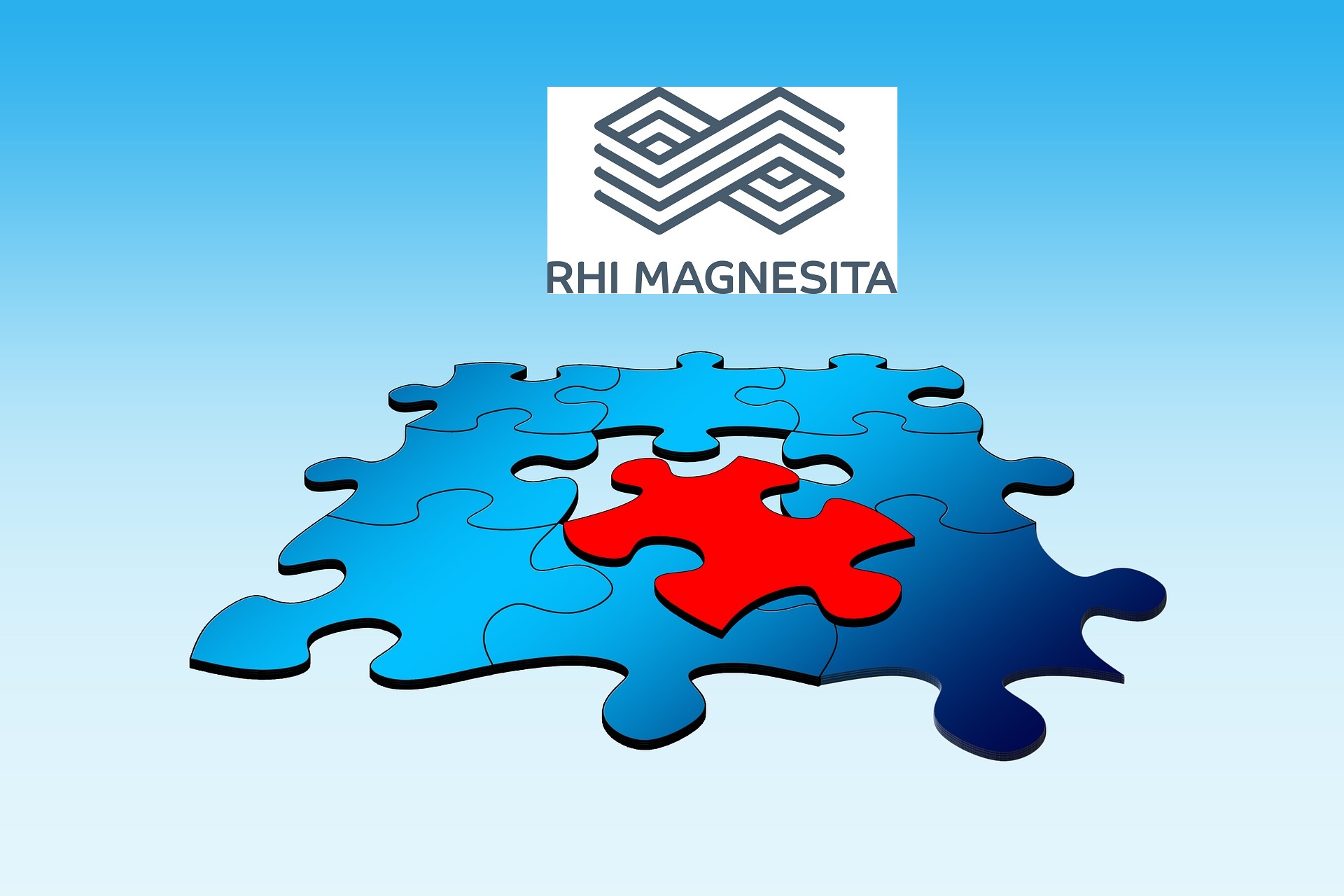Mergers and acquisitions are the latest markets in Japan seen at risk of overheating, with a jump in corporate lending helping drive the premium for M&A deals to a seven-year high.
The Bank of Japan’s unprecedented stimulus helped drive new bank loans for corporate activity by 10 percent from a year earlier to 25.2 trillion yen ($250 billion) in the first half of 2016, the most since 2007. The average gap between a company’s purchase price and its market value is at 24.8 percent for deals between Japanese firms, the highest since the global financial crisis in 2009, the Bloomberg-compiled data show. Orix Corp. is being more careful in choosing which M&A deals to finance.
“Financial institutions have been providing plenty of acquisition funds in the past two to three years, and the more loans banks extend, the higher M&A costs are climbing,” Seiichi Miyake, the deputy head of investment and operation headquarters at Orix, said in an interview in Tokyo. “If the economy falters now, some investors may find that they paid too much.”

The jump in Japanese acquisition premiums comes even as the Topix index of stocks dropped 16 percent this year, underscoring how the flood of easy money unleashed by the BOJ’s bond buying and negative-rate policy is bolstering demand at a time when the economy is barely growing. A Development Bank of Japan-led fund’s takeover of Kinugawa Rubber Industrial Co. at a premium of 44 percent is one of 4.4 trillion yen in M&A deals between Japanese companies in the first half, the highest level since 2006, according to Bloomberg-compiled data.
BOJ Governor Haruhiko Kuroda’s record stimulus has also revived the nation’s real estate market, with prime office prices in Tokyo rising 45 percent to June since the end of 2012, according to Daiwa Real Estate Appraisal Co. data. Sovereign bonds have soared as well, with the yield on the benchmark 10-year note at minus 0.075 percent on Tuesday after touching a record low of minus 0.3 percent last month.
Surging M&A costs can also be seen in the increase in acquisition targets’ enterprise value divided by their earnings before interest, taxes, depreciation and amortization, a gauge of how many years it will take to recoup an investment, according to Nobuo Sayama, a partner at Integral Corp., a Japan-based private equity firm.
Rising Costs
“For a stable company, the ratio should be about five times,” said Sayama, who is also the chairman of Skymark Airlines Inc. “You wouldn’t go to 10 times unless you’re truly confident, for example, it’s clear that there are synergies or there’s a lot of growth potential.” The median ratio now for Japanese acquirers is 8.88 times, he said.
M&A loans are the main reason behind the recent increase in bank lending to big companies, according to Shinichiro Nakamura, a senior analyst at SMBC Nikko Securities Inc. in Tokyo. Private equity funds are also diving into the market as borrowing costs tumble, Integral’s Sayama said.
“Banks are very willing to lend acquisition funds,” said Sayama. “Funds are extremely willing to make purchases, and they can pay high prices.”




